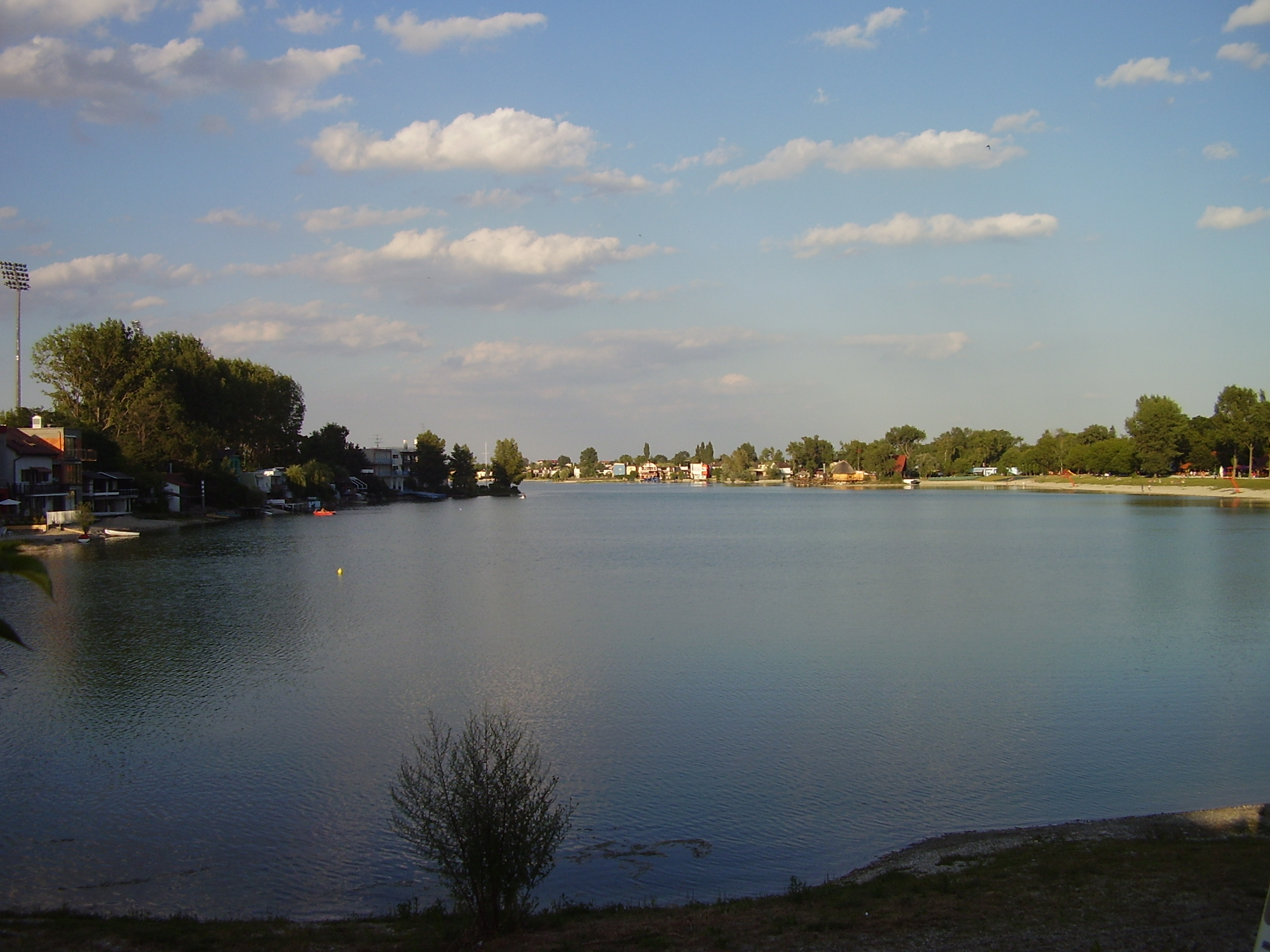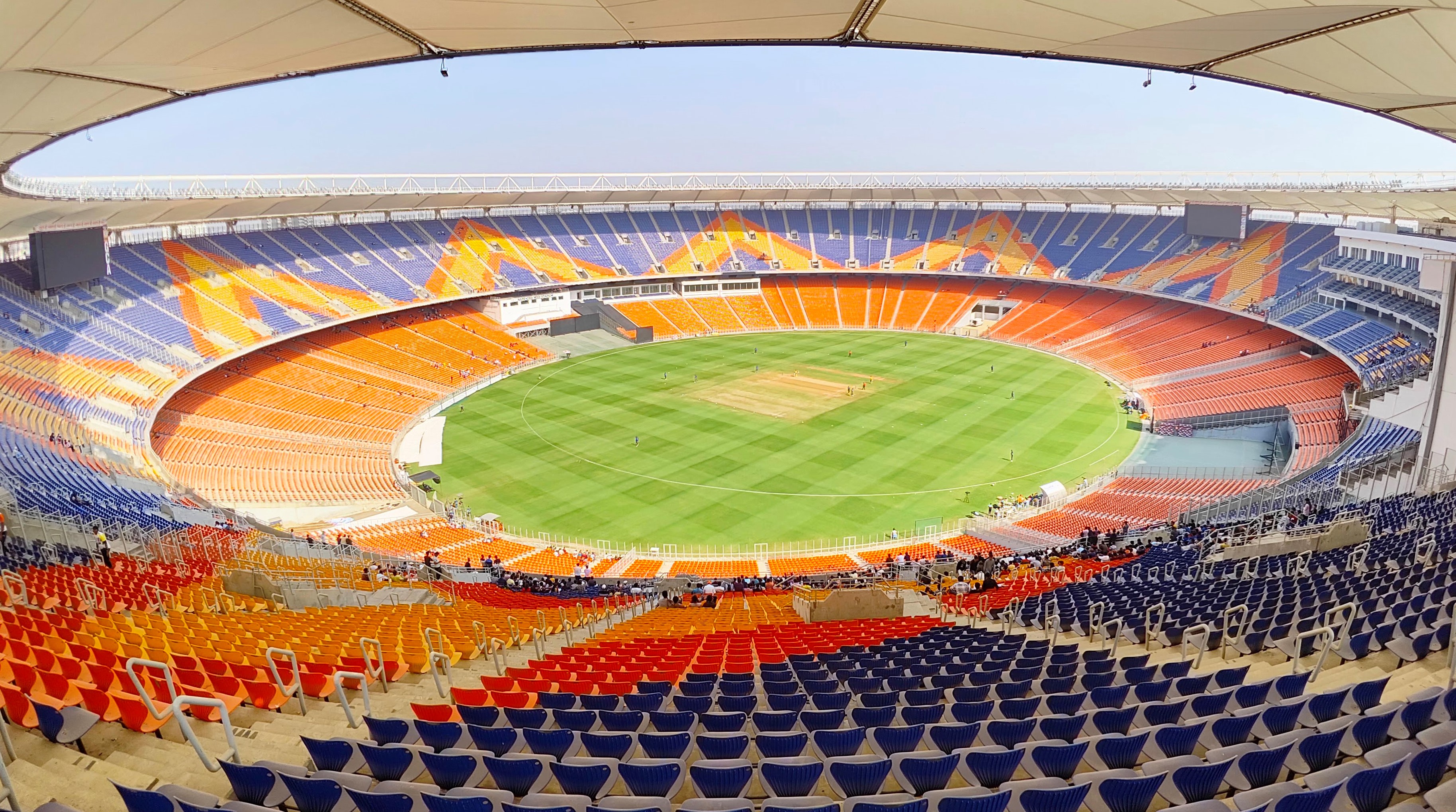|
2013–14 2. Liga (Slovakia)
The 2013–14 season of the 2. Liga was the 21st season of the second-tier football league in Slovakia, since its establishment in 1993. Twelve teams competed in the league, with bottom side will play the relegation play-offs. Changes from last season Team changes *DAC Dunajská Streda was promoted to the Slovak First Football League after the 2012–13 season. * 1. FC Tatran Prešov was relegated from the Slovak First Football League after the 2012–13 season. * Spartak Trnava juniori and FK Pohronie were promoted from the Slovak Third Football League after the 2012–13 season. * MFK Dolný Kubín and Ružiná were relegated to the Slovak Third Football League after the 2012–13 season. Teams Stadiums and locations League table Results The schedule consisted of three rounds. The two first rounds consisted of a conventional home and away round-robin schedule. The pairings of the third round were set according to the 2012–13 final standings. Every team played each oppo ... [...More Info...] [...Related Items...] OR: [Wikipedia] [Google] [Baidu] |
Slovak Second Football League
The Slovak Second Football League (), officially known as MONACObet LIGA for sponsorship reasons, is the annual second tier association football, football competition in Football in Slovakia, Slovakia. Currently, the competition consists of 16 teams. History The league was formed as a second-tier league in Czechoslovakia. Before the dissolution of Czechoslovakia it consisted of 16 teams. Upon dissolution, six teams were promoted to the then newly formed Slovak First League. The league was expanded to 18 teams in 1996/97 season, but returned back to 16 in 2001/02 and reduced to 12 in 2006–07. For 2014/15 and 2015/16 seasons the league became known as ''DOXXbet liga'' as part of a sponsorship agreement. In February 2024, the league was renamed as ''MONACObet LIGA'' as a part of a two-and-half year partnership deal with an option to extend. The deal included a further undisclosed club grant worth over million Euro, €, allegedly exceeding any previous partnerships. Current tea ... [...More Info...] [...Related Items...] OR: [Wikipedia] [Google] [Baidu] |
TJ Baník Ružiná
FK Baník Ružiná was a Slovak football team, based in the village of Ružiná. The club was founded in 1961 and in 2014 the club was merged with MFK Lokomotíva Zvolen. Notable players :''Past (and present) players who are the subjects of Wikipedia articles can be found here Here may refer to: Music * ''Here'' (Adrian Belew album), 1994 * ''Here'' (Alicia Keys album), 2016 * ''Here'' (Cal Tjader album), 1979 * ''Here'' (Edward Sharpe album), 2012 * ''Here'' (Idina Menzel album), 2004 * ''Here'' (Merzbow album), ....'' External links Official club website * Unofficial website Banik Ruzina Banik Ruzina Banik Ruzina 1961 establishments in Slovakia {{Slovakia-footyclub-stub ... [...More Info...] [...Related Items...] OR: [Wikipedia] [Google] [Baidu] |
Bardejov
Bardejov (; , , , , ) is a town in North-Eastern Slovakia. It is situated in the Šariš region on a floodplain terrace of the Topľa River, in the hills of the Beskids, Beskyd Mountains. It exhibits numerous cultural monuments in its completely intact medieval town center. The town is one of UNESCO's World Heritage Sites and currently maintains a population of about 32,000 inhabitants. Etymology According to one theory, the name town comes from the Hungarian language, Hungarian word ''"bárd"'' (), which indicated an amount of forested territory which could be chopped down by one man in one day. In the Hungarian name (Bártfa), the ''"fa"'' (English: "tree") suffix came later, and it also changed the last letter of "''bárd''" to "''bárt''", for easier pronunciation. Another theory derives the name from a Christian name, Christian personal name ''Barděj'', ''Barduj'' (abbreviated forms of Bartholomew (name), Bartholomew) with common Slavic languages, Slavic possessive suffix ' ... [...More Info...] [...Related Items...] OR: [Wikipedia] [Google] [Baidu] |
NTC Senec
NTC Senec (Národné tréningové centrum Senec) is a football training center of the Slovak Football Association and a multi-use stadium in Senec, Slovakia. It is currently used mostly for football matches and is the home ground of ŠK Senec. The stadium holds 3,264 people. International matches NTC Senec has hosted one men's international match – a friendly for the Slovakia national football team The Slovakia national football team () represents Slovakia in men's international Association football, football competition and it is governed by the Slovak Football Association (SFZ), the governing body for football in Slovakia. Slovakia's hom .... Sources Národné tréningové centrum NTC Senec(in Slovak) Football venues in Slovakia Buildings and structures in Bratislava Region Sport in Bratislava Region National football academies {{Slovakia-sports-venue-stub ... [...More Info...] [...Related Items...] OR: [Wikipedia] [Google] [Baidu] |
Senec, Slovakia
Senec (, ) is a town in the Bratislava Region of south-western Slovakia. The town is the administrative seat of the Senec District and its largest municipality. In 2022 it had a population of over 20,000. The town is a summer tourism and recreation center well known for its summer resort ''Sunny Lakes'' () and its proximity to Bratislava, the capital and largest city of Slovakia. Etymology The town's contemporary name comes from a Slavic languages, Slavic appellative ''seno'', meaning hay, as the inhabitants dealt with cattle trade (see also Senica, Senné, Veľký Krtíš District or Senné, Michalovce District). Throughout its history the town name's form changed multiple times, in 1252 being written as ''Zemch'', in 1451 as ''Sencz''. In German language, German, the name ''Wartberg'' was historically used. The name is supposedly derived from a fortified hill upon which the Church of Saint Nicholaus, Senec, Church of Saint Nicholaus stands to this day. History In the 9th ... [...More Info...] [...Related Items...] OR: [Wikipedia] [Google] [Baidu] |
2012–13 Slovak Second Football League
1 (one, unit, unity) is a number, numeral, and glyph. It is the first and smallest positive integer of the infinite sequence of natural numbers. This fundamental property has led to its unique uses in other fields, ranging from science to sports, where it commonly denotes the first, leading, or top thing in a group. 1 is the unit of counting or measurement, a determiner for singular nouns, and a gender-neutral pronoun. Historically, the representation of 1 evolved from ancient Sumerian and Babylonian symbols to the modern Arabic numeral. In mathematics, 1 is the multiplicative identity, meaning that any number multiplied by 1 equals the same number. 1 is by convention not considered a prime number. In digital technology, 1 represents the "on" state in binary code, the foundation of computing. Philosophically, 1 symbolizes the ultimate reality or source of existence in various traditions. In mathematics The number 1 is the first natural number after 0. Each natural number, ... [...More Info...] [...Related Items...] OR: [Wikipedia] [Google] [Baidu] |
Stadium Kolkáreň
A stadium (: stadiums or stadia) is a place or venue for (mostly) outdoor sports, concerts, or other events and consists of a field or stage completely or partially surrounded by a tiered structure designed to allow spectators to stand or sit and view the event. Pausanias noted that for about half a century the only event at the ancient Greek Olympic festival was the race that comprised one length of the stadion at Olympia, where the word "stadium" originated. Most of the stadiums with a capacity of at least 10,000 are used for association football. Other popular stadium sports include gridiron football, baseball, cricket, the various codes of rugby, field lacrosse, bandy, and bullfighting. Many large sports venues are also used for concerts. Etymology "Stadium" is the Latin form of the Greek word " stadion" (''στάδιον''), a measure of length equalling the length of 600 human feet. As feet are of variable length the exact length of a stadion depends on the exact l ... [...More Info...] [...Related Items...] OR: [Wikipedia] [Google] [Baidu] |


